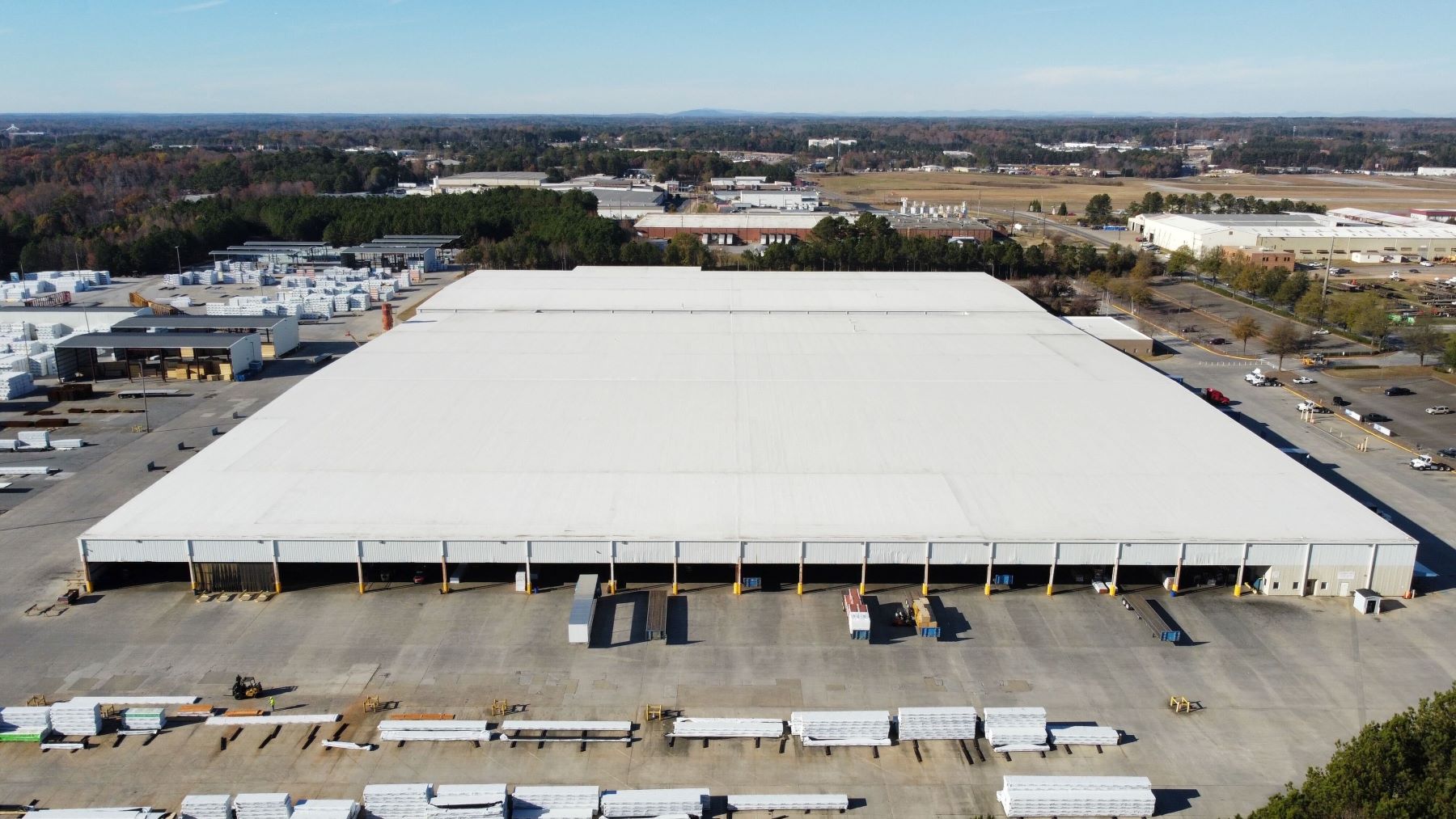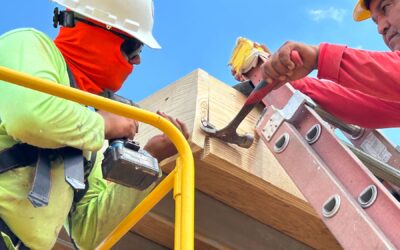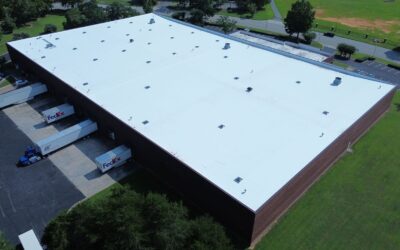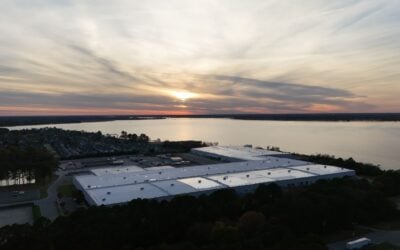When faced with roofing issues, building owners often grapple with a common dilemma: should they repair the existing roof or opt for a complete replacement? The decision between repair and replacement depends on several factors, including the extent of the damage, the age of the roof, budget considerations, and long-term goals. In this blog post, we’ll explore the key considerations to help you make an informed decision.
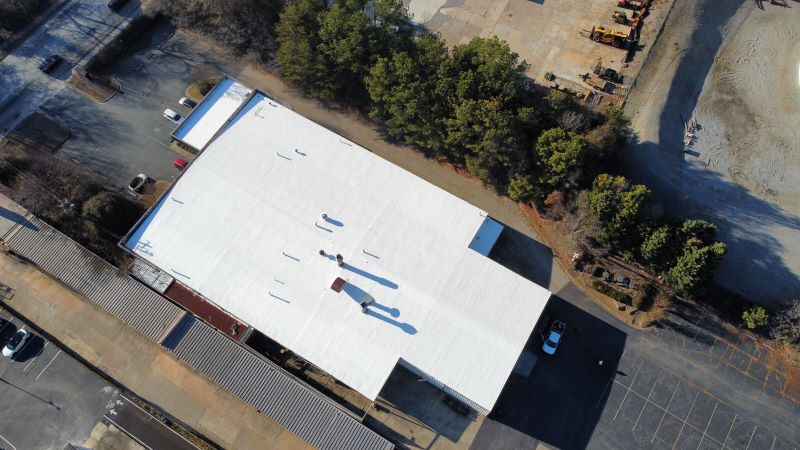
Extent of Damage
The first factor to consider is the extent of the damage to your commercial roof. If the damage is minor and confined to a small area, repairs may be sufficient to restore the roof’s integrity. However, if the damage is extensive or if there are multiple areas of concern, a replacement may be more cost-effective in the long run.
Age of the Roof
Another important factor to consider is the age of your commercial roof. Most commercial roofs are designed to last between 20 and 30 years, depending on the material used and the quality of installation. If your roof is nearing the end of its expected lifespan and requires significant repairs, it may be more cost-effective to replace it rather than investing in repairs that may only provide a temporary solution.
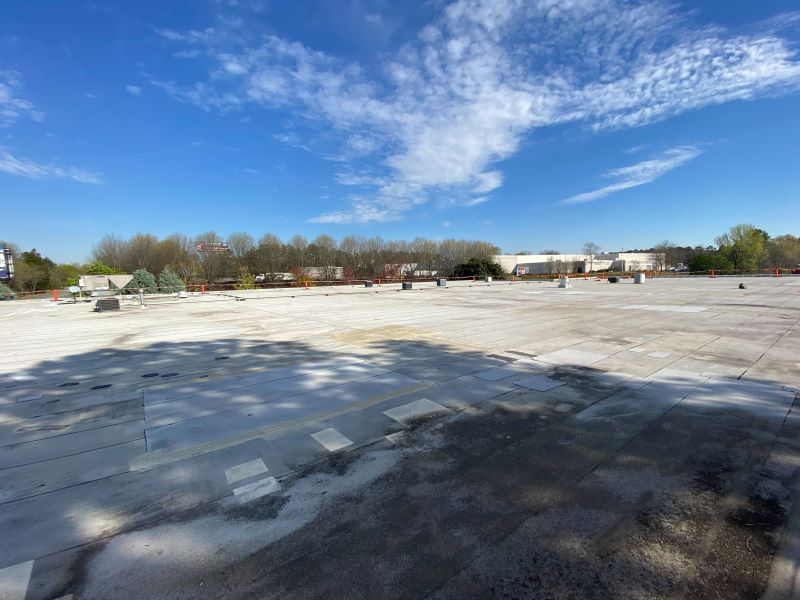
Cost Considerations
Cost is a significant factor in the decision-making process. While repairs are generally less expensive upfront than a full replacement, it’s important to consider the long-term costs. Repairs may need to be repeated more frequently, leading to higher cumulative costs over time. On the other hand, a roof replacement may require a larger initial investment but can provide greater durability and longevity, potentially saving money in the long term.
Energy Efficiency
An often-overlooked factor is the energy efficiency of your commercial roof. Older roofs may not provide adequate insulation, leading to higher energy bills. A roof replacement with modern, energy-efficient materials can improve insulation and reduce heating and cooling costs, providing long-term savings.
Building Codes and Regulations
It’s essential to consider local building codes and regulations when deciding between roof repair and replacement. In some cases, building codes may require a full roof replacement if the existing roof does not meet current standards. Additionally, building owners should consider the impact of repairs or replacement on the building’s warranty and insurance coverage.
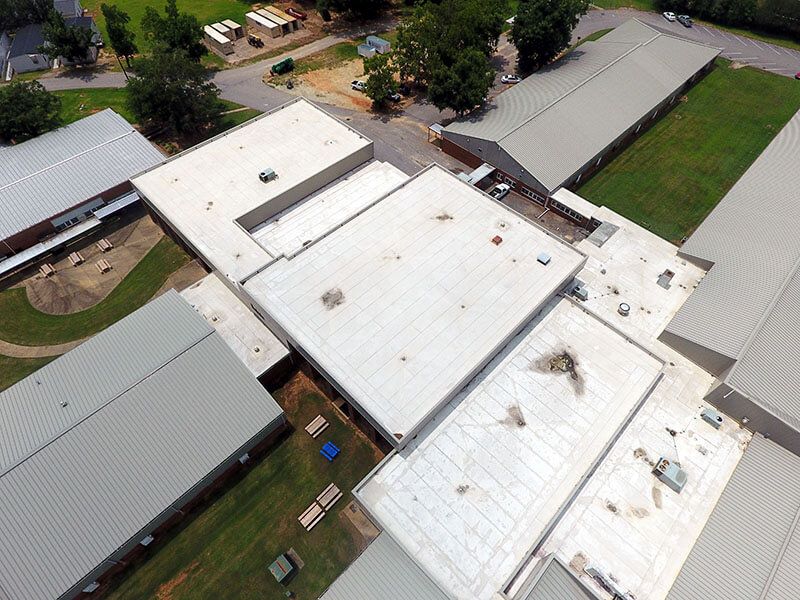
Long-Term Goals
Finally, consider your long-term goals for the building. If you plan to keep the building for an extended period, investing in a new roof may be a wise decision to avoid frequent repairs and ensure the structural integrity of the building. However, if you plan to sell the building in the near future, repairs may be a more cost-effective option to address immediate issues.
In conclusion, the decision to repair or replace your commercial roof depends on several factors, including the extent of the damage, the age of the roof, cost considerations, energy efficiency, building codes and regulations, and long-term goals. Consulting with a professional roofing contractor can help you evaluate these factors and make an informed decision that meets your needs and budget.

